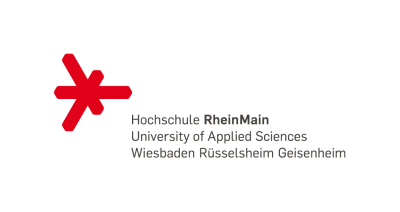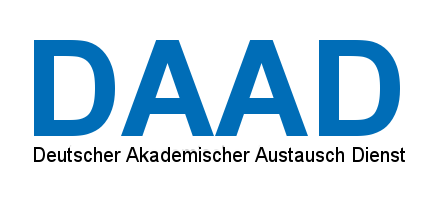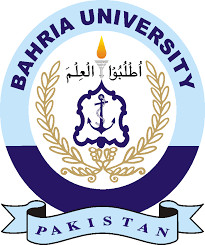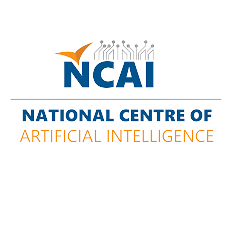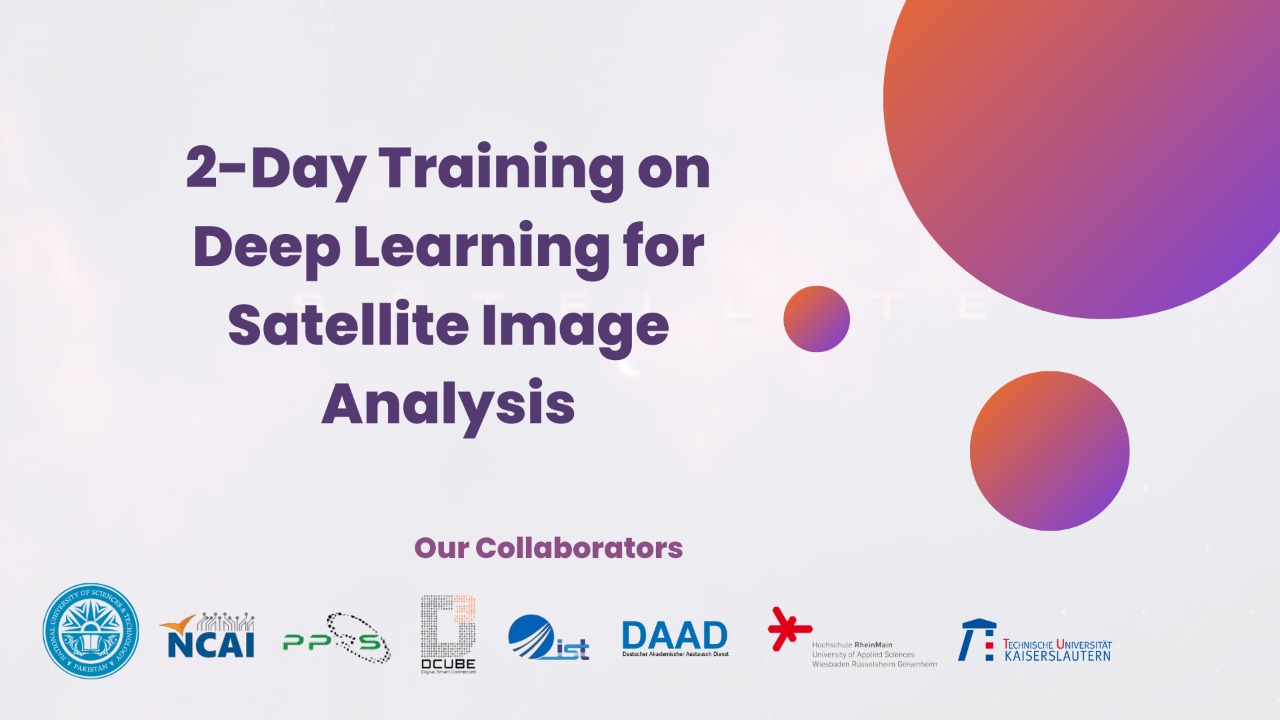
Translating satellite images into map regions takes a lot of time and work, which might result in inaccurate maps of the area. Humanitarian groups have access to satellite imagery but converting photos into maps takes time and effort. Maps are now created by specialist groups or by volunteers during mapathons, where imagery is annotated with roads, buildings, farms, rivers, and other features. The goal of satellite imagery analysis is to leverage both the spatial and temporal dimensions of the data for a variety of real-world applications, including classification, segmentation, anomaly detection, and prediction. In this session, we'll look at how deep learning may help pave the way for automated satellite imagery interpretation that results in useful, real-time maps.
Learning Outcomes
The workshop will give a knowledge boost around following points:
- Introduction to Modern Deep Learning Techniques.
- Understanding of applying Deep Learning for Aerial Imagery.
- Hands-on experience on latest deep learning frameworks like Pytorch.
Key Benefits
After attending the workshop, you will be able to:
- Opportunity to interact with German Professors and local AI experts.
- Possibilities for future industrial and research collaborations.
- Learn the latest trends in Artificial Intelligence.
About the Speakers
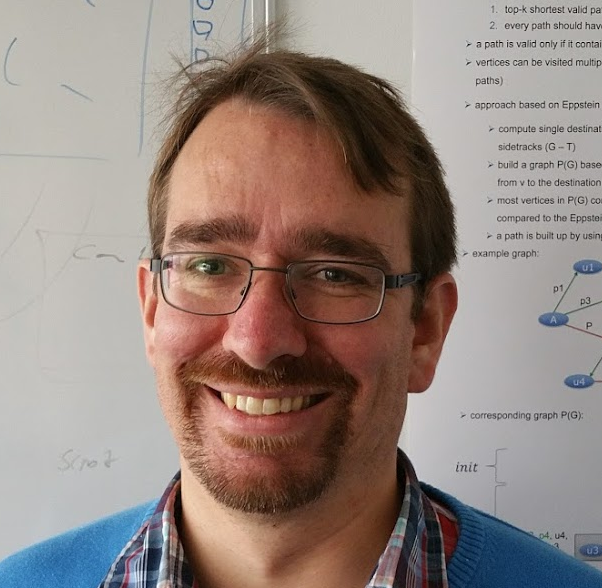
Prof. Dr. Adrian Ulges has been professor at RheinMain University of Applied Sciences (HSRM) since 2013. His research interests are in machine learning, computer vision, and multimedia analysis. He graduated from TU Kaiserslautern. He received a diploma in computer science in 2005. In 2009, he completed his Ph.D in computer science. He remained an active researcher at the German Research Center for Artificial Intelligence (DFKI) in Kaiserslautern Germany from 2005 till 2011. He worked with Google as an intern in 2005, at Mountain View and as a visiting scientist in 2011 in Zurich. Adrian’s work has been awarded a Google Research Award in 2010, and his publication record includes over 30 peer-reviewed papers.
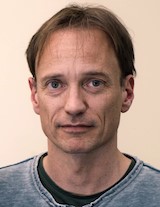
Dr. Ulrich Schwanecke has been a full professor for Computer Science in the Faculty of Design -Computer Science- Media at RheinMain University of Applied Sciences since 2003. He received his Master’s degree in Mathematics and Computer Science from the Johannes Gutenberg University Mainz in 1997. From 1997 to 2000 he worked as a research assistant at TU Darmstadt from where he received his Ph.D in 2000. Subsequently, he held a postdoctoral position for one year at the Max-Planck Institute for Computer Science in Saarbrücken. From 2001 to 2003 he worked as a researcher at Daimler AG in Ulm.
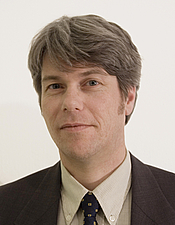
Dr. Christian Weis has received the Ph.D. degree in electrical engineering from the TU Kaiserslautern, Germany, in 2014. From 1996 to 1998, he was with Mitsubishi Semiconductor Europe, Germany, where he was engaged in the design and development of microcontrollers. From 1998 to 2009, he was with Siemens Semiconductor, Infineon Technologies AG and Qimonda AG, Munich, Germany, in DRAM design. During this time frame, he was involved in DRAM design for graphics and commodity DRAM products. In 2006, he was a Design Team Leader for the 1Gb DDR3 DRAM, the first DDR3 volume product at Infineon/Qimonda. Since 2009, he has been with the Microelectronic System Design Research Group, TU Kaiserslautern, Germany. He holds more than 20 patents related to DRAMs and DRAM design, and published more than 70 papers. His current research interests include DRAM controller design, Near- & In-Memory processing, 3D-integrated DRAMs, heterogeneous memory architectures, and MPSoCs.

Prof Dr. Faisal Shafait is an Associate Dean of the Department of Computing in the School of Electrical Engineering and Computer Science (SEECS) at the National University of Sciences and Technology (NUST), Islamabad, Pakistan. He is also an Adjunct Professor at The University of Western Australia, Perth, Australia. His research interests include machine learning and computer vision with a special emphasis on applications in document image analysis and recognition. He is the director of Deep Learning Lab (DLL) at National Center of Artificial Intelligence (NCAI), NUST, Islamabad, Pakistan. He has received the IAPR/ICDAR Young Investigator Award by the International Association of Pattern Recognition (IAPR) in 2019 and has recently been included in the list of the World’s Top 2% Scientists compiled by Stanford University.
Organizers
- Prof. Dr. Faisal Shafait, National University of Sciences and Technology
- Dr. Adnan ul Hasan, National Center of Artificial Intelligence
- Dr. Imran Siddiqui, Bahria University
- Dr. Momina Moetesum, Bahria University
- Dr. Khuram Khurshid, Institute of Space Technology
Become a Participant
-
Early Bird Registration:
- Professional: PKR 20,000
- Student: PKR 7,500
- Professional: PKR 25,000
- Student: PKR 10,000
Full Registration:
To deposit your registration fee, please find the account details below:
After payment kindly provide the proof by filling the form on link to confirm registration
After registration, a confirmation email will be sent to you.
For any queries, feel free to email on ai@seecs.edu.pk
Collaborators

